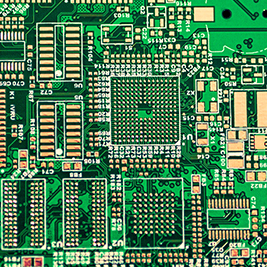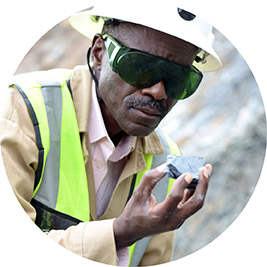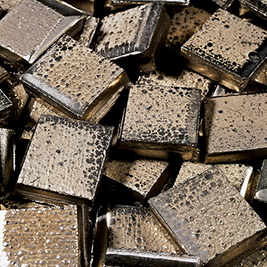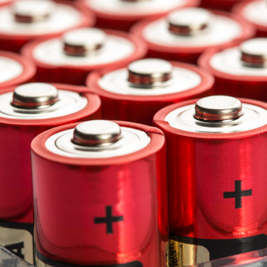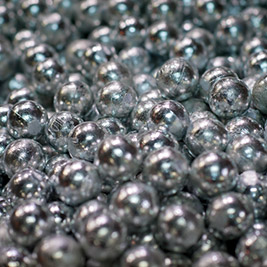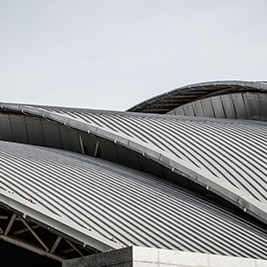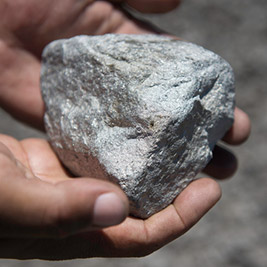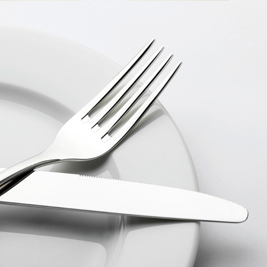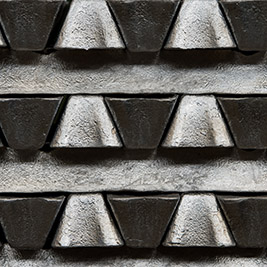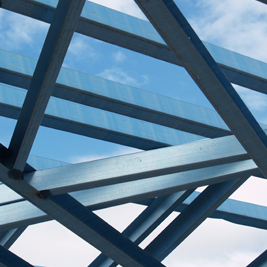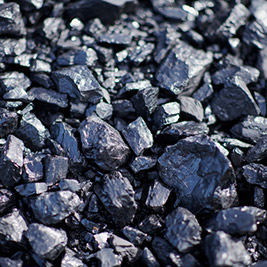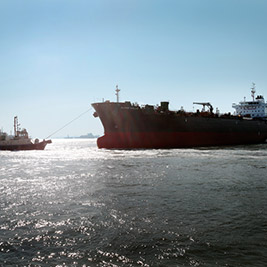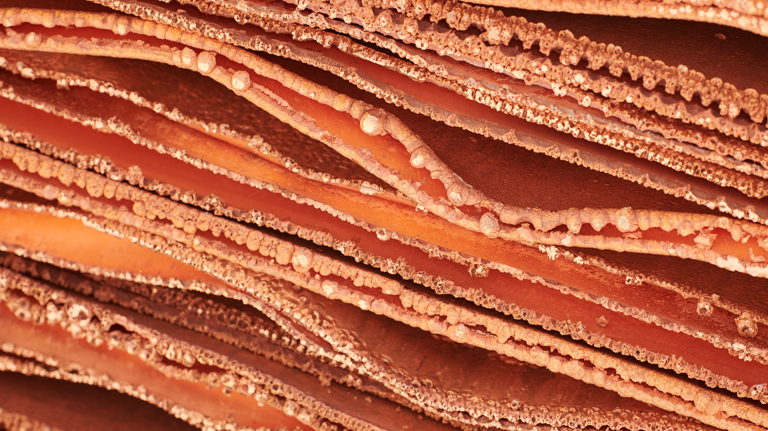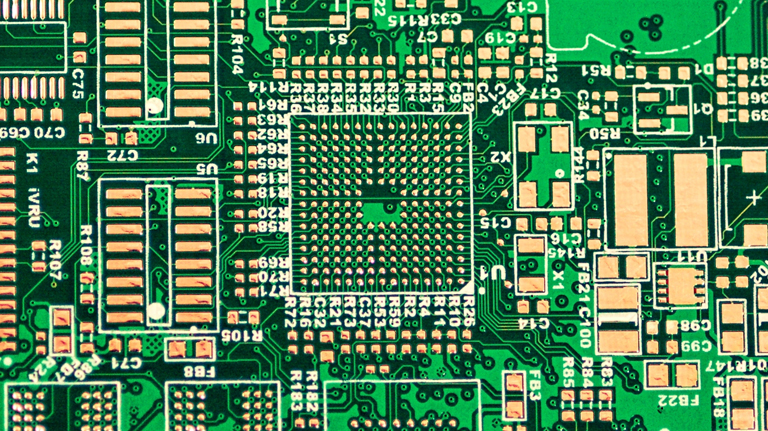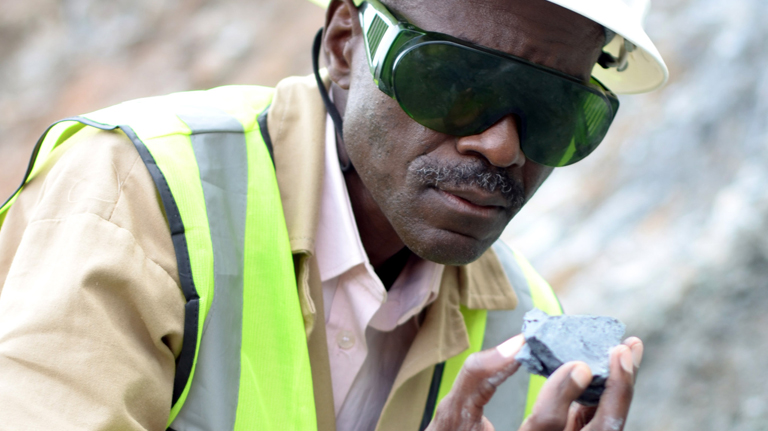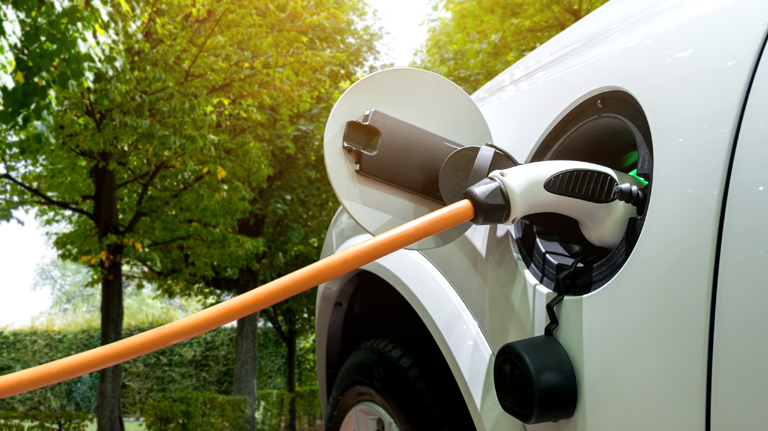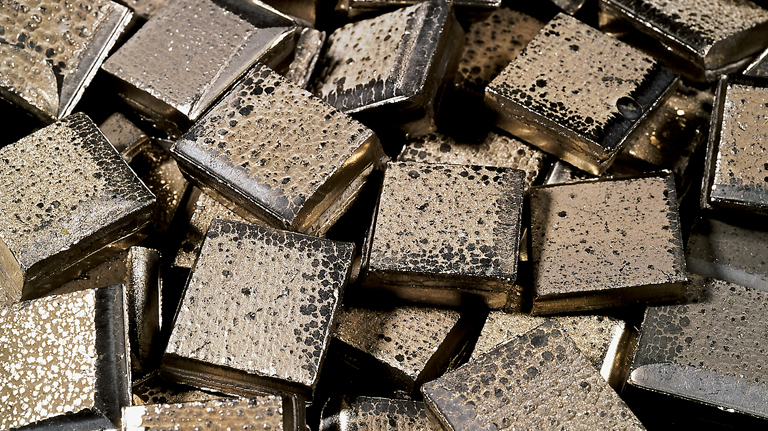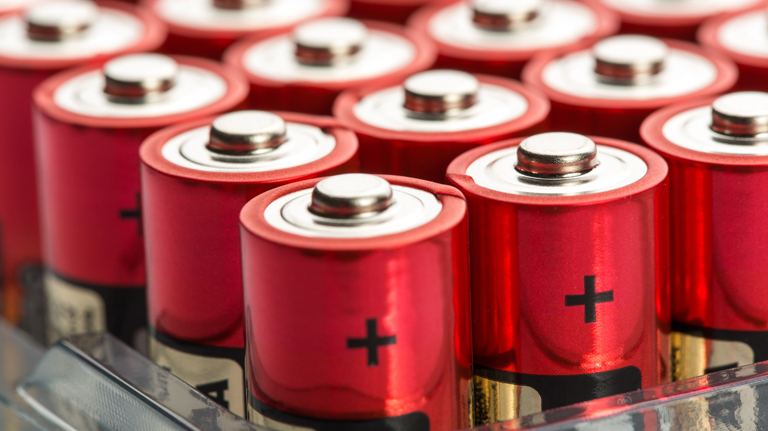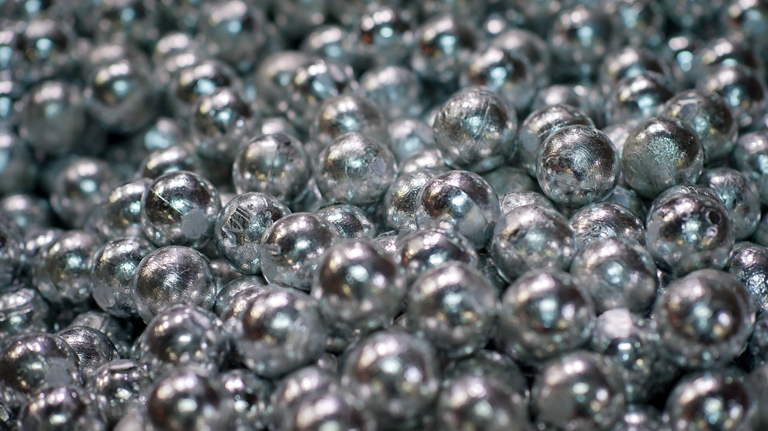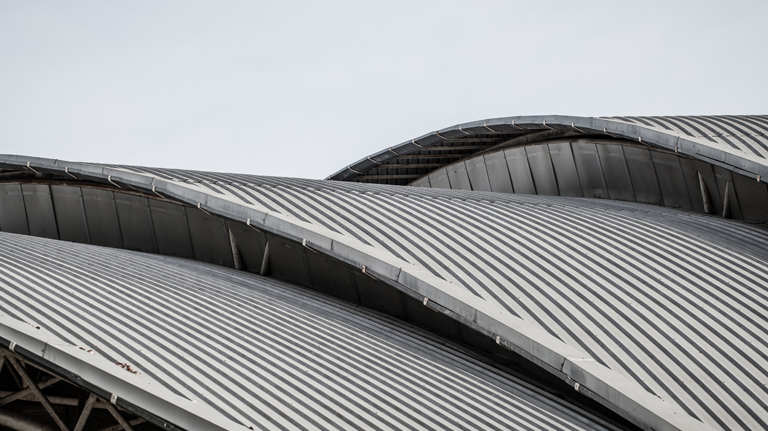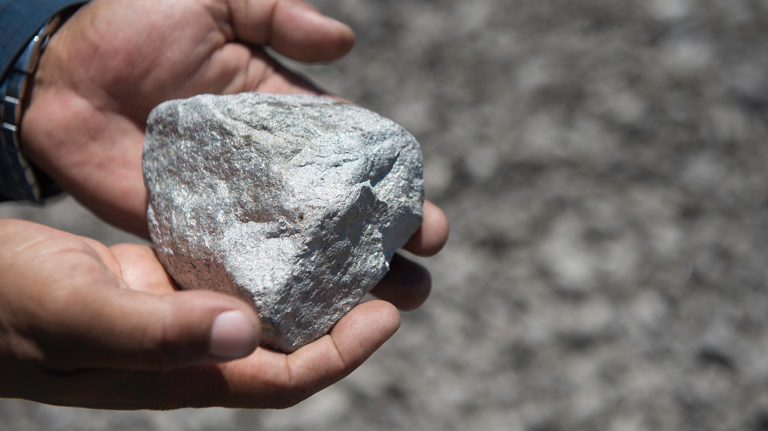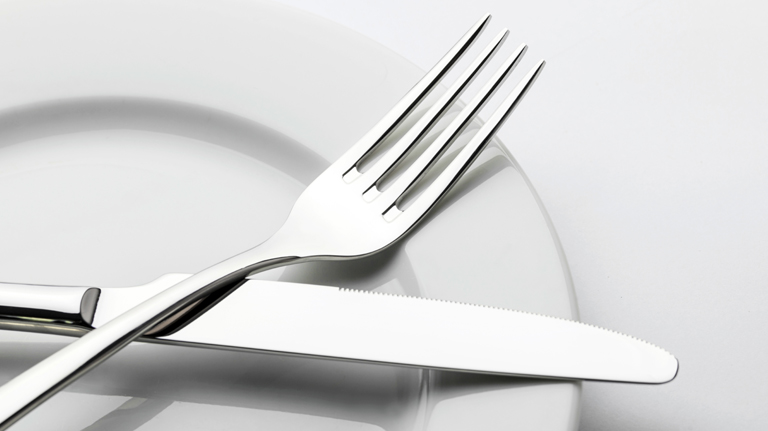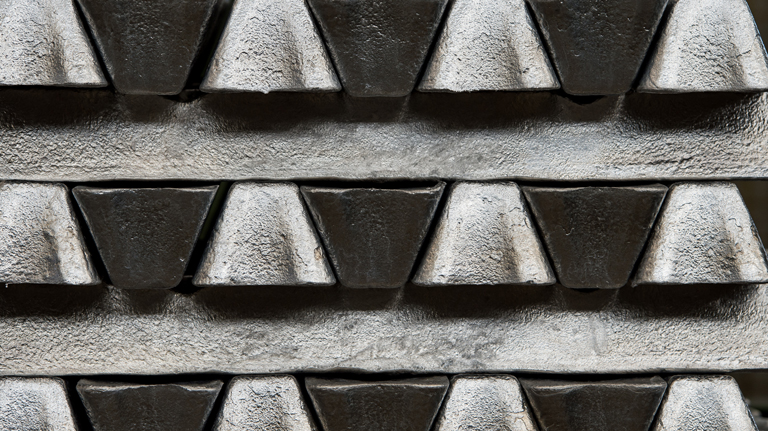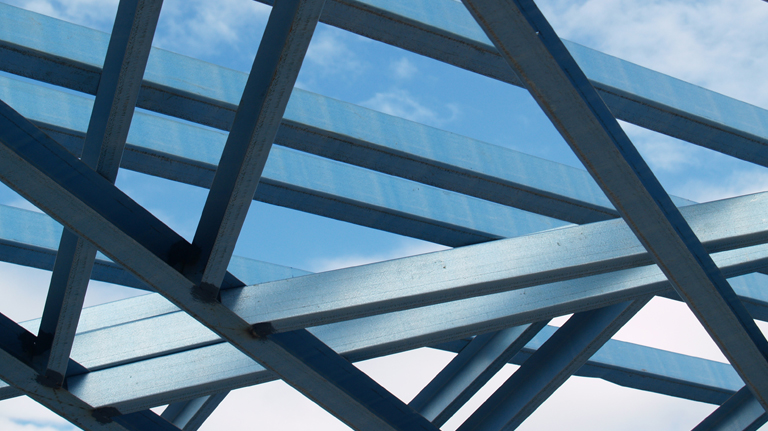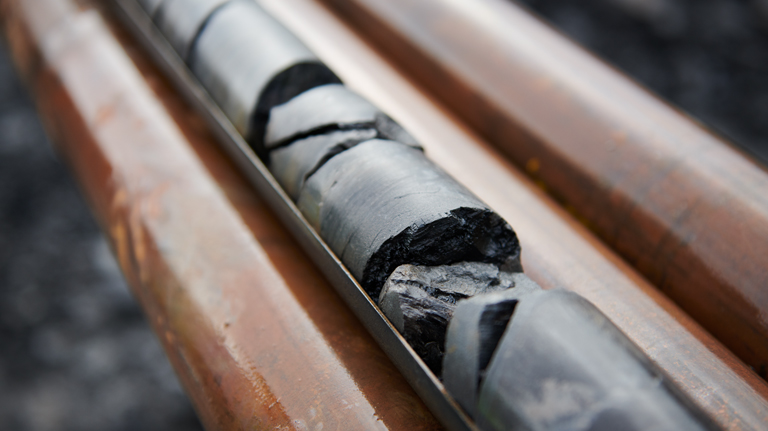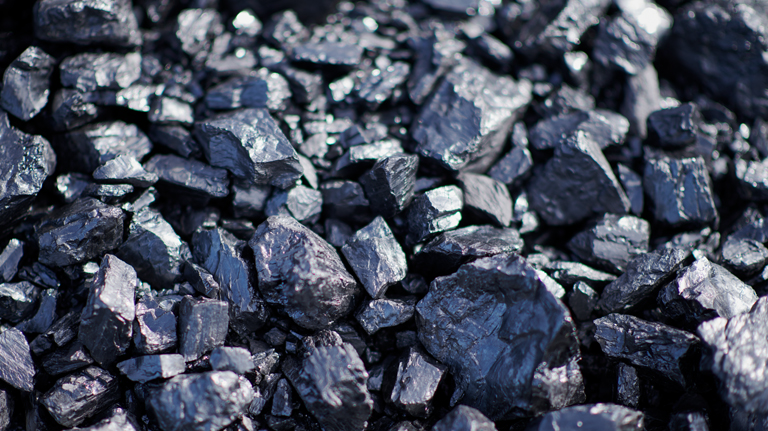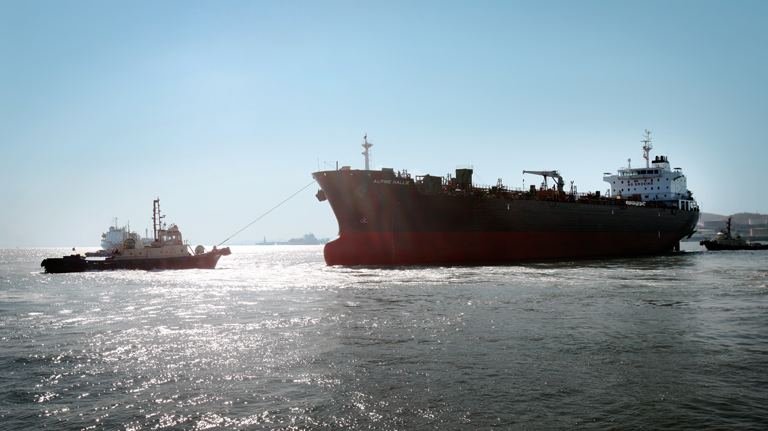Metal & Minerals
We produce and market a diverse range of metals and minerals – such as copper, cobalt, zinc, nickel and ferroalloys – and also market aluminium/alumina and iron ore from third parties.
Click each product info button to find out more
Read more about Metals & Minerals inWhat we do
Energy products
We are a large producer and marketer of coal, with mines in Australia, Africa and South America – while our oil business is one of the leading marketers of crude oil, refined products and natural gas.
Click each product info button to find out more
Read more about Energy products inWhat we do
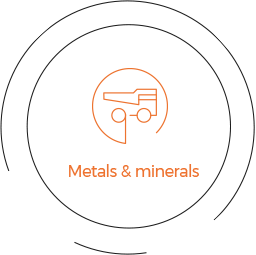
Metal & Minerals
We produce and market a diverse range of metals and minerals – such as copper, cobalt, zinc, nickel and ferroalloys – and also market aluminium/alumina and iron ore from third parties.
Find out more in What we doFrom electronics, renewable energy and the electric car revolution, copper has a vast range of household and industrial uses. It is the preferred metal in many of these applications because of its superior electrical conductivity, and ability to heat up and cool down quickly.
Copper in numbers
3.6 tonnes of copper is used for every megawatt of power in a typical wind turbine
100kg of copper is used in an electric car - from the engine to circuitry
A key constituent in batteries for electronics and electric cars, cobalt looks set to become one of the most important commodities. It is also used as a super alloy in aircraft engines, and in cemented carbides, which are often used as hard cutting surfaces or drill bits.
Cobalt in numbers
50% of the world’s cobalt is used in lithium-ion batteries
27.4k tonnes of cobalt was produced at our operations in 2017
Nickel is mainly used to make stainless steel: it adds strength and corrosion resistance to the steel, and is also used in types of steel designed to be less magnetic. Nickel compounds are used in batteries – increasingly so in the powerful batteries used in electric vehicles.
Nickel in numbers
1455°C is the point at which nickel melts
60% of all nickel is used to make stainless steel
Zinc is mainly used to galvanise steel or iron – that is, to apply a zinc coating to stop it rusting. Galvanised steel is used in buildings, cars and electronics. Lead has a wide range of industrial uses including car batteries, weights, solders and radiation protection.
Zinc & Lead in numbers
70 milligrams of every kilogram of the Earth’s crust is zinc
82 is the atomic number of lead – for the 82 protons in the nucleus
Ferroalloys are typically used in steel-making, due to their anti-corrosive or strengthening properties and include ferrochrome, manganese alloys and ferrovanadium. Chrome helps make steel hard and resistant to corrosion, making it useful for cutlery, tools and other applications
Ferroalloys in numbers
1,531k tonnes of ferrochrome was produced at our operations in 2017
1801 was the year when vanadium was first discovered
As a lightweight but strong metal, aluminium is widely used in cars, planes and trains, and in recyclable food packaging such as cans and foil. In construction, it is used in window and doorframes, roofs, facades and curtain walls – for example, in buildings such as skyscrapers.
Aluminium in numbers
99% of all aluminium is used as an alloy
70% of all aluminium cans globally are recycled
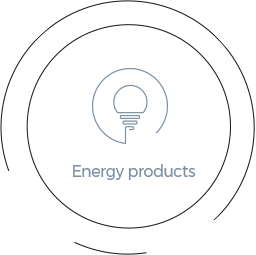
Energy products
We are a large producer and marketer of coal, with mines in Australia, Africa and South America – while our oil business is one of the leading marketers of crude oil, refined products and natural gas.
Find out more in What we doThermal coal is mainly used to generate electricity or heat. It is particularly useful for generating baseload power. Coking coal is used in steel production. We produce both premium “hard coking coal” and lower-quality “semi-soft coking coal”, to suit customer needs.
Coal in numbers
41% of global electricity is currently fueled by coal-fired plants
121m tonnes of coal was produced at our operations in 2017
Crude oil is refined into a range of oil products mainly used as fuels – including petrol and diesel for cars, jet fuel, heating oil and liquid petroleum gas (LPG). Derivatives also include asphalt used in roads, wax, and lubricants.
Oil in numbers
40% of the world’s ocean cargo is oil
6 million barrels per day are traded by our oil business







